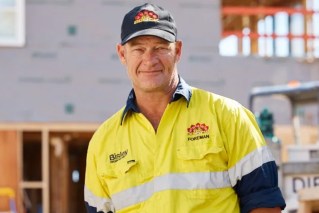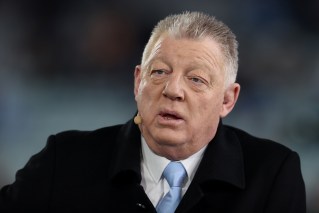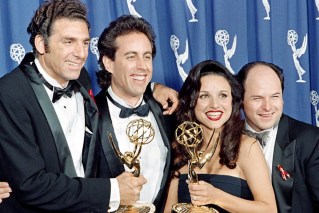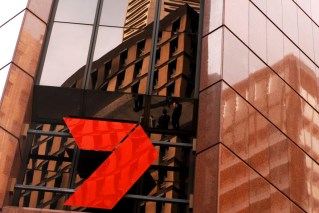Australians are being double-charged for Bluey episodes
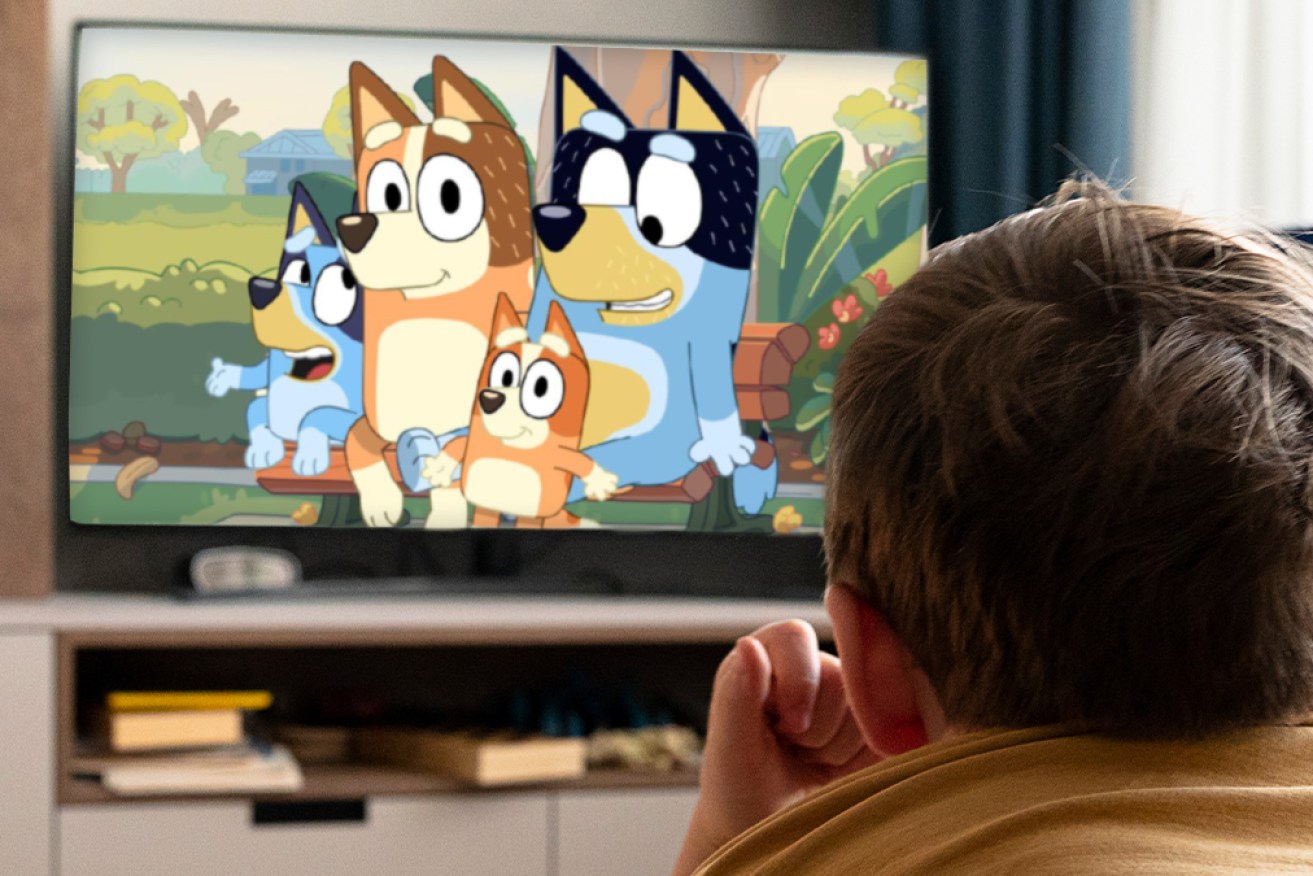
Australians pay more for their favourite cartoon dog as tech giants prioritise their partners. Photo: TND/ABC/Getty
Australians are being coerced into paying more to see their favourite cartoon dog as tech giants prioritise their partners.
Bluey has taken the world by storm, ranking amongst the most streamed programs in the United States and beating out TV staples like Gilmore Girls and Seinfeld.
As a children’s show developed in Queensland and commissioned by the ABC and BBC, it is funded by Australian taxpayers.
But these same benefactors are being double-charged for the show because of smart TVs.
Speaking at a parliamentary inquiry on laws relating to free-to-air TV, ABC Managing Director David Anderson said search functions on smart TVs were prompting Australians to pay for streaming subscriptions when they wanted to watch Bluey.
“On some TVs, searching for Bluey won’t take you to ABC iView, where Australian families can enjoy it for free,” he said on Friday.
“Instead, it will take you to a paid service.”
“If we want Australians to be able to find Australian content, including local news and children’s programs, ensuring search recommendations … is vital.”
This problem extends to other ABC and SBS series, and the heads of these organisations are blaming it on tech giants and TV manufacturers, who they say are “gatekeeping” content.
They are making deals with their own providers like Youtube and prioritising options from these paid services.
But the laws being discussed at the inquiry would require free TV channels to be given prominence on smart TVs, meaning catch-up TV services would be prioritised
The proposed legislation would also guarantee first rights to major sporting events to be offered to free-to-air broadcasters before they go behind a paywall.
The parliamentary committee will hear from Seven chief executive James Warburton, Nine chief executive Mike Sneesby and Ten’s parent company Paramount executive vice president Beverley McGarvey.
Warburton has called for live sporting events to remain available for the broader public.
“The Matildas proved the importance of free, accessible content last year when they smashed TV audience and streaming records,” he said.
“With more and more people watching sport online, excluding digital rights from these new laws is a serious mistake, one that means the laws fail to keep up with modern viewing habits.”
Free-to-air networks have called for the timeline for prominence laws to take effect to be reduced from 18 months to six months.
Chief executive of Free TV Bridget Fair said there were crucial gaps in the bill as it stood.
“With just a few simple changes, it could become an excellent piece of legislation that fulfils its purpose and safeguards Australians’ access to free TV for years to come,” she said.
Subscription services including Foxtel and Netflix are also set to make an appearance.
– AAP

